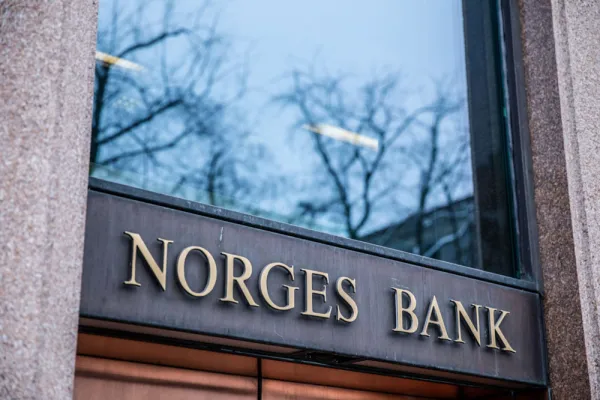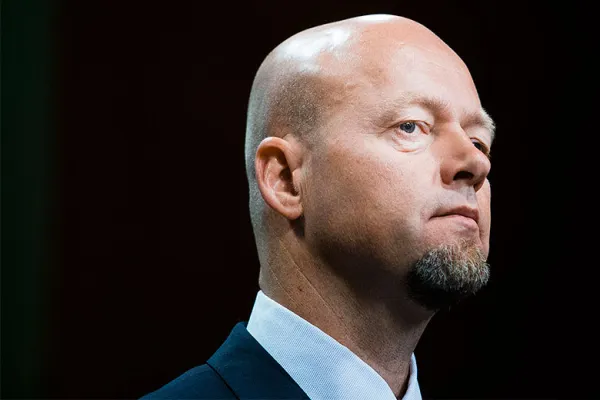The number and value of deals made by public pension plans and sovereign wealth funds looks a lot like the first few months of the pandemic.
Last month, sovereigns invested a total of $11.8 billion in 51 deals, down from $27.1 billion and 68 deals in March, according to the latest monthly report by the data platform Global SWF. It was the slowest period since April 2020, a month after Covid-19 shut down economies around the world, the report said.
The report tracks the investment activity of over 400 state-owned investors around the world, including 169 sovereign wealth funds with $11 trillion in assets under management and 278 public pension plans that have $22 trillion in assets.
The biggest state-owned dealmakers in April included the Indonesia Investment Authority, which invested $2.7 billion in domestic infrastructure. Singapore’s GIC invested $2.4 billion in seven deals, including $885 million in London offices. Canada Pension Plan, Abu Dhabi Developmental Holding, and Emirates Investment Authority were also active in April doing at least $600 million in deals. Last year, GIC was the top investor, putting $34.5 billion into 110 transactions.
Even the largest deals in April were dwarfed by those of previous months. In January, Singapore’s Temasek and GIC invested $7.3 billion and $3.8 billion, respectively, into 19 deals. In February, the Turkish Sovereign Fund deployed $3.6 billion in three transactions. In March, British Columbia Investment Management bought 30 percent of the UK’s National Grid Gas for $3.8 billion, according to Global SWF.
The slowdown coincides with institutional investors’ decreasing appetite for risk. According to a recent study by State Street and the International Forum of Sovereign Wealth Funds, investors have been “moving toward assets and markets considered to be less risky” in the past few months in response to the Ukraine war and heightened macroeconomic uncertainties, including the effect of inflation on portfolios. Investors also have rotated out of emerging markets, shifted into defensive sectors, and reduced foreign exchange exposure to countries vulnerable to international conflicts, according to State Street and the SWF organization.
Measures taken by investors to reduce their risk follows a bullish year for returns. According to Global SWF, all state-owned funds except for Ontario Teachers’ Pension Plan improved their 6-year average returns, which includes performance in 2021. The Wisconsin Retirement System, Sweden’s AP Fonden, and the New Zealand Superannuation Fund are the top three performers with each delivering more than 11 percent annually over six years, according to Global SWF.
“However, we expect these figures to deteriorate next year, given the performance of the markets in 2022 so far,” the report said. It noted that Norges Bank Investment Management, the arm of Norway’s central bank that oversees the country’s oil fund, has already reported a 5 percent loss in the first quarter. In 2021, the SWF reported its second-highest returns ever.







